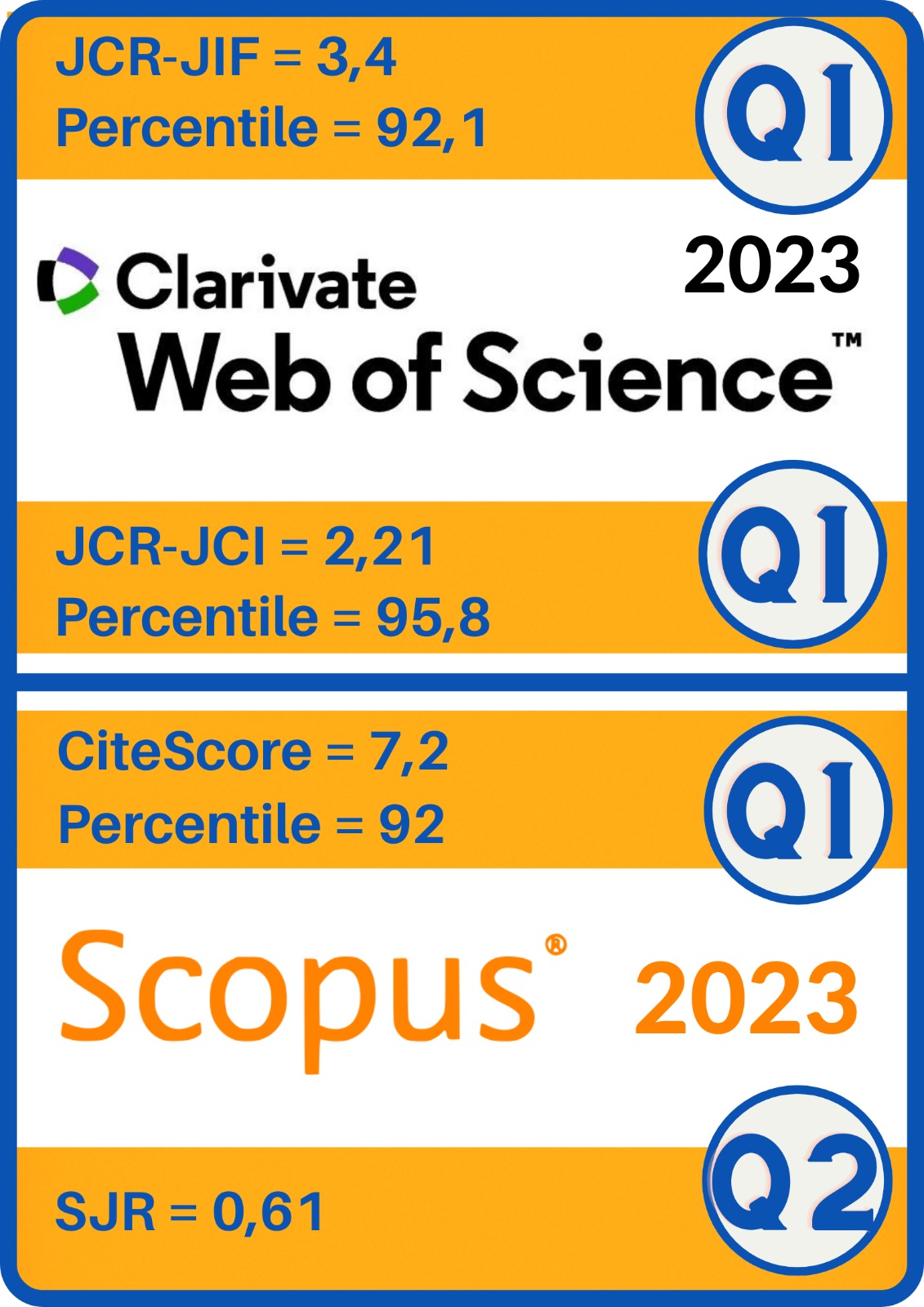
Vol 22, No 2 (2019) EN
Vol 22, No 2 (2019)
Special Issue. Social networks in education: from innovation to educational research
DOI: https://doi.org/10.5944/ried.22.2
Coords.: V. Marín-Díaz y J. Cabero
Table of Contents
Editorial
The need for digital education in a digital world
Lorenzo García Aretio
Special Issue
Social networks in education: from innovation to educational research
Verónica Marín-Díaz, Julio Cabero-Almenara
Perceptions of Chilean university students about the use of social networks and collaborative work
Julio Cabero Almenara, Annachiara Del Prete, Maria Luisa Arancibia Muñoz
Limitations of WhatsApp for the accomplishment collaborative activities at university
María Josefa Vilches Vilela, Eloísa Reche Urbano
Impact on Twitter of active methodologies PBL, flipped classroom and gamification
Rosabel Roig Vila, Juan Francisco Álvarez Herrero
Jesús Salinas Ibáñez, Victoria Irene Marín Juarros
The habits of use in social networks of preadolescents
Eneko Tejada Garitano, Carlos Castaño Garrido, Ainara Romero Andonegui
Determination of the problematic use of social networks by university students
Verónica Marín-Díaz, Esther Vega-Gea, Don Passey
The effect of ICT and social networks on university students
Guadalupe Aurora Maldonado Berea, Janet García González, Begoña Esther Sampedro Requena
Research and Case Studies
Cyberbullying: experiences and proposals of university students
Juan Carlos Rivadulla López, Marisol Rodríguez Correa
Students in distance education contexts. Variables linked to academic achievement
Analía Claudia Chiecher
Communication strategies and face-to-face and online L3 spoken interaction tasks
Lucrecia Keim Cubas, Gemma Delgar Farrés
A flipped classroom experience to promote prosumer students of the higher level
María Obdulia González Fernández, Pablo Huerta Gaytán
Daniela Karine Ramos, Gleice Assunção da Silva
Temporal patterns of MOOC participation. Case study of a language MOOC
Juan José del Peral Pérez
Process evaluation of a university English blended learning program
Rodolfo Martinic Lenta, Sergio Urzúa Martínez, Ricardo Úbeda Menichetti, Roxana Aranda Gengler
MOOCs and blended learning models. A practical approach
Teresa Torres-Coronas, María-Arántzazu Vidal-Blasco






